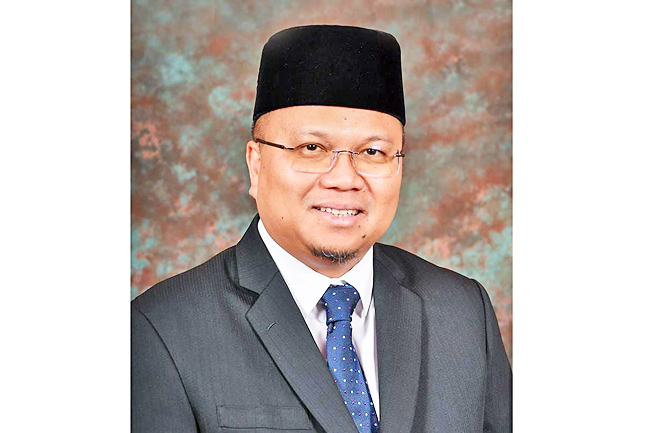Globally, including Brunei Darussalam the rate of breastfeeding decreased drastically during the COVID-19 pandemic, said Minister of Health Dato Seri Setia Dr Haji Mohd Isham bin Haji Jaafar in his message on World Breastfeeding Week.
The minister said prior to the outbreak, the country nearly achieved the World Health Organization (WHO) target of exclusive breastfeeding rate in the first six months of 50 per cent. At that time, the rate was at 45 per cent following the introduction of the maternity leave policy in 2011.
The minister believes the policy, coupled with the implementation of healthcare support systems such as breastfeeding campaigns for both pre-and-post-delivery carried out by the Ministry of Health (MoH) led to a significant increase in breastfeeding, from 29 per cent in 2011 to 41 per cent in 2013. The rate continued to rise, to 47 per cent in 2019.
He noted that the breastfeeding rate during the first three months after giving birth was high, when the mothers went on maternity leave.
The minister said however, the rate started to decrease after the mothers returned to work, adding that during the pandemic in 2021, the rate dropped to 45 per cent.
“The country needs to work on strengthening the breastfeeding support system to the pre-pandemic level as the effort to achieving the global nutritional goals by 2025,” he said.

Among contributing factors for the decline include the lack of support in the workplace, the lack of flexibility during working hours to pump breastmilk, the absence of designated rooms and facilities to pump breastmilk, and the challenging nature of work, especially for women with non-office based jobs, the minister said.
Therefore, the pumping process of the breast milk shall continuously be carried out for working mothers so that they can produce more breast milk sufficient for their children left at home or childcare centre, he said.
“Providing protected, comfortable, safe and clean facilities, additionally could enhance the support of breastfeeding in the workplace,” the minister said.
Under the Brunei Darussalam Standards: Building Guidelines and Requirements (2017) by the Ministry of Development, allocation of breastfeeding rooms has been outlined as essential criteria in building new shopping complexes. It is hoped that the criteria can also be extended to other public buildings.
“One of the benefits of exclusive breastfeeding is the reduced risk of various health problems among infants. Providing comprehensive support for exclusive breastfeeding in the workplace for mothers returning to work would bring long-term benefits to employers in terms of reducing absenteeism due to ill children,” the minister said.
He also said the rights of exclusive breastfeeding among working women need to be re-examined from fundamental, legal and health aspects through a whole-of-government approach to achieve significant impacts on public health, socio-economic conditions and the nation’s progress.
This year, World Breastfeeding Week, celebrated every August 1-7, carries the theme ‘Enabling breastfeeding: making a difference for working parents’.
The theme focuses on work-life balance and its relation to working parents, specifically targeting the government, policymakers, healthcare system, workplaces, society and the parents themselves to create a family-friendly work environment in post-pandemic life. – Rokiah Mahmud


